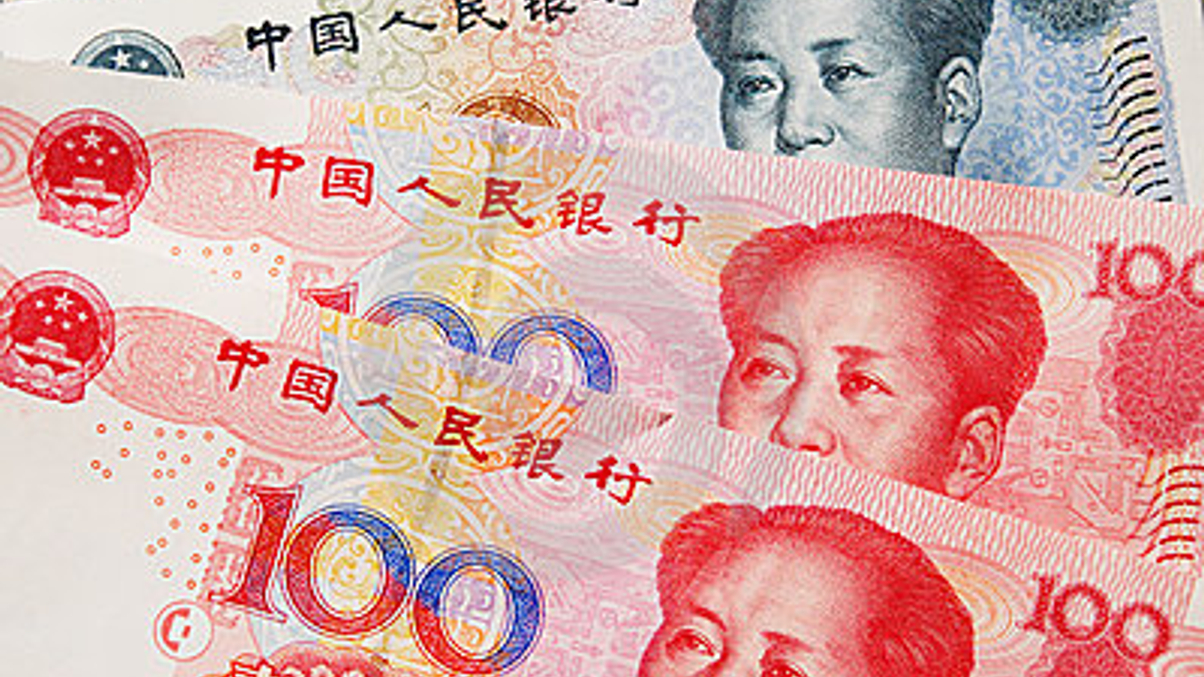China's bank regulator steps into WMP ponzi row
The CBRC says principal and non-principal guaranteed wealth management products issued by banks should not fall under shadow-banking. But this doesn't appear to address the risks.

China’s banking regulator has said wealth management products (WMPs) issued by banks should not fall under the shadowy private-lending system, moving to calm fears of a giant ponzi scheme.
Sign in to read on!
Registered users get 2 free articles in 30 days.
Subscribers have full unlimited access to AsianInvestor
Not signed up? New users get 2 free articles per month, plus a 7-day unlimited free trial.
¬ Haymarket Media Limited. All rights reserved.


